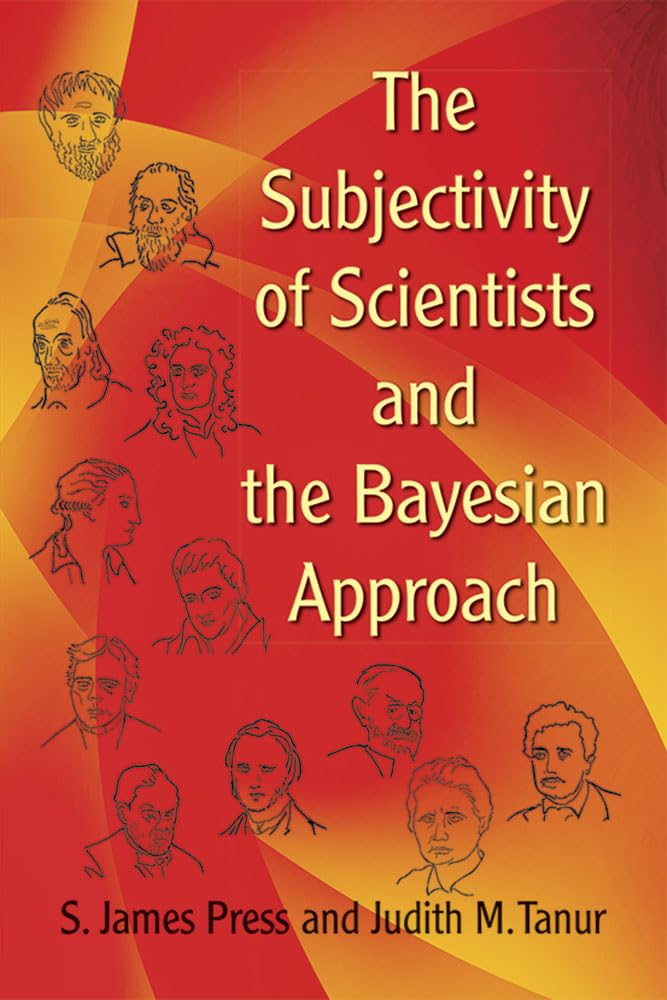The Subjectivity of Scientists and the Bayesian Approach (Dover Books on Mathema 1.4tics)
The Subjectivity of Scientists and the Bayesian Approach (Dover Books on Mathema 1.4tics) is backordered and will ship as soon as it is back in stock.
Couldn't load pickup availability
Genuine Products Guarantee
Genuine Products Guarantee
We guarantee 100% genuine products, and if proven otherwise, we will compensate you with 10 times the product's cost.
Delivery and Shipping
Delivery and Shipping
Products are generally ready for dispatch within 1 day and typically reach you in 3 to 5 days.
Book Details
-
Author: S. James Press
-
Publisher: Dover
-
Edition: First Edition
-
Binding: Paperback
-
Number of Pages: 288
-
Release Date: 16-03-2016
-
ISBN: 9780486802848
-
Languages: English
-
Package Dimensions: 9.1 x 6.1 x 0.6 inches
About the Book
Subjectivity has always played a key role in the advancement of science, influencing discovery and shaping new theories. In this engaging and insightful work, S. James Press and Judith M. Tanur dive deep into how personal beliefs, intuition, and even hunches have been essential to the progress of scientific knowledge. From Aristotle to Einstein, the book showcases a rich array of historical figures, exploring how their subjective insights have driven pivotal scientific breakthroughs.
The book goes beyond historical accounts, providing a detailed exploration of the modern Bayesian approach to statistical analysis, a method that encourages scientists to consider subjectivity alongside rigorous mathematical models. The authors illustrate this with engaging case studies and examples, making it accessible to both science enthusiasts and specialists alike.
Perfect for anyone interested in the intersection of science, philosophy, and mathematics, this book offers a compelling narrative on the role of subjectivity in shaping the scientific journey. It’s a perfect read for anyone curious about how intuition and personal insights influence discoveries, whether in physics, biology, or social sciences.
With its mix of historical context and modern methods, this book is a must-read for anyone interested in the philosophy of science and the human side of scientific progress.





